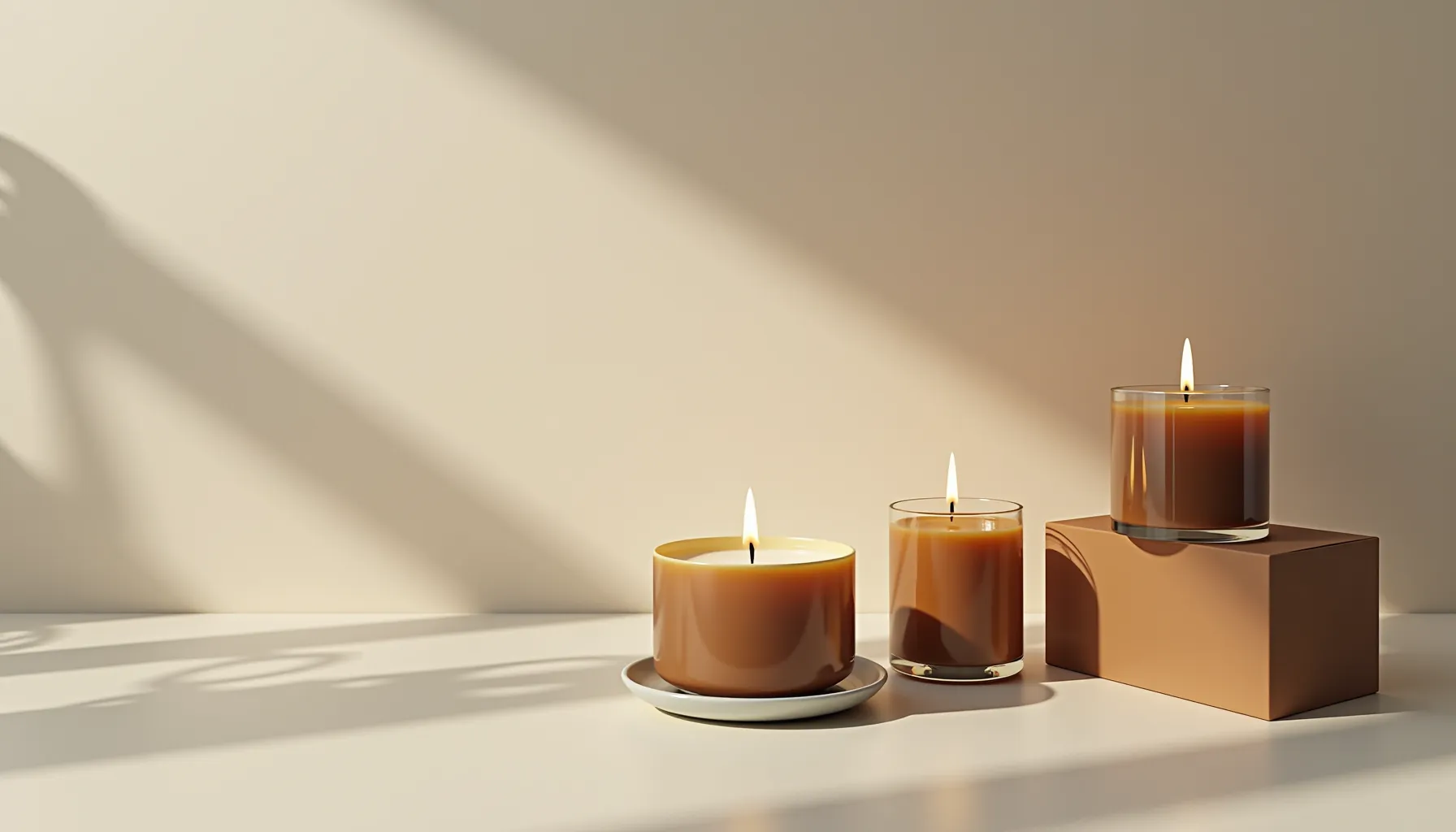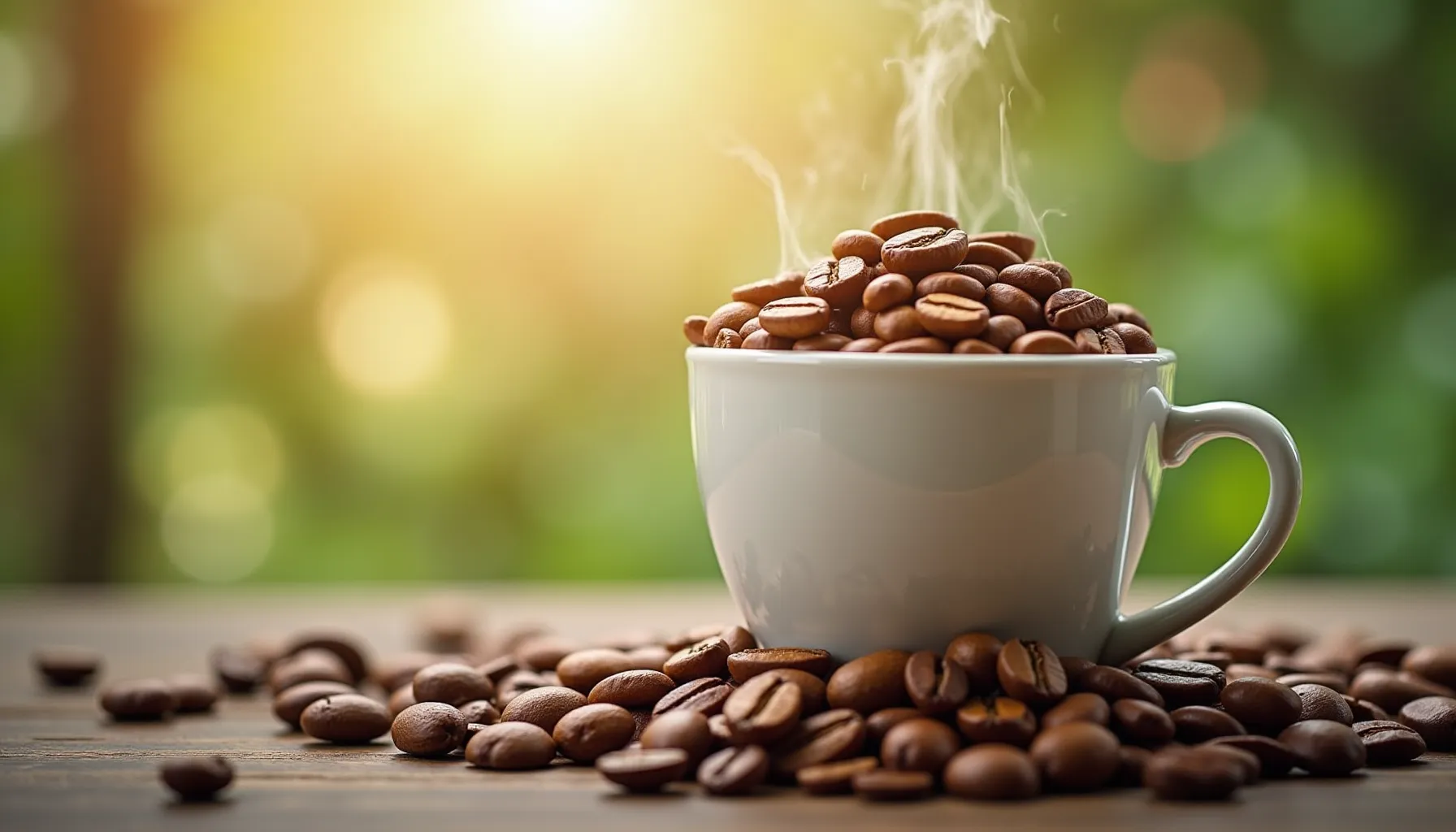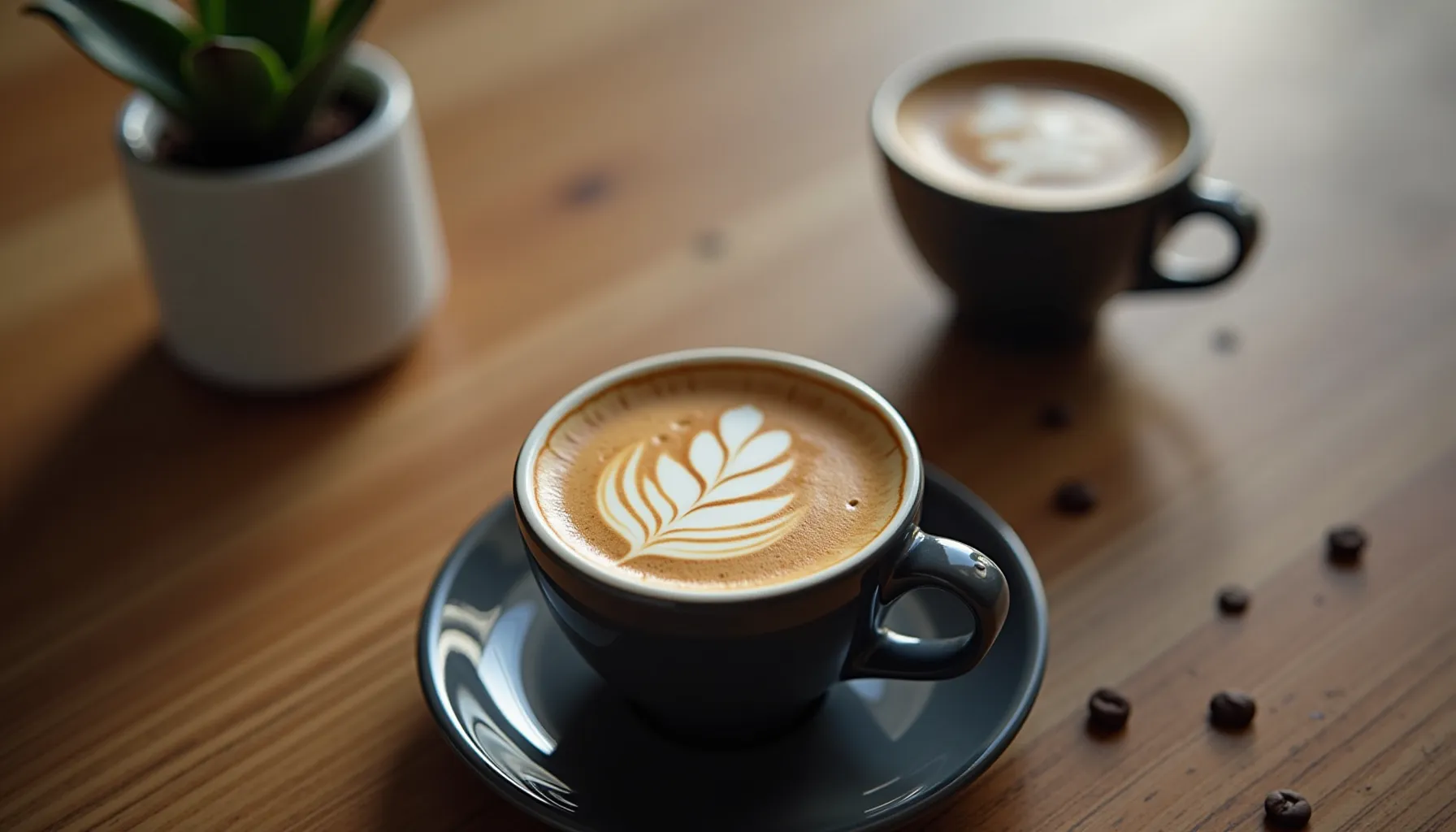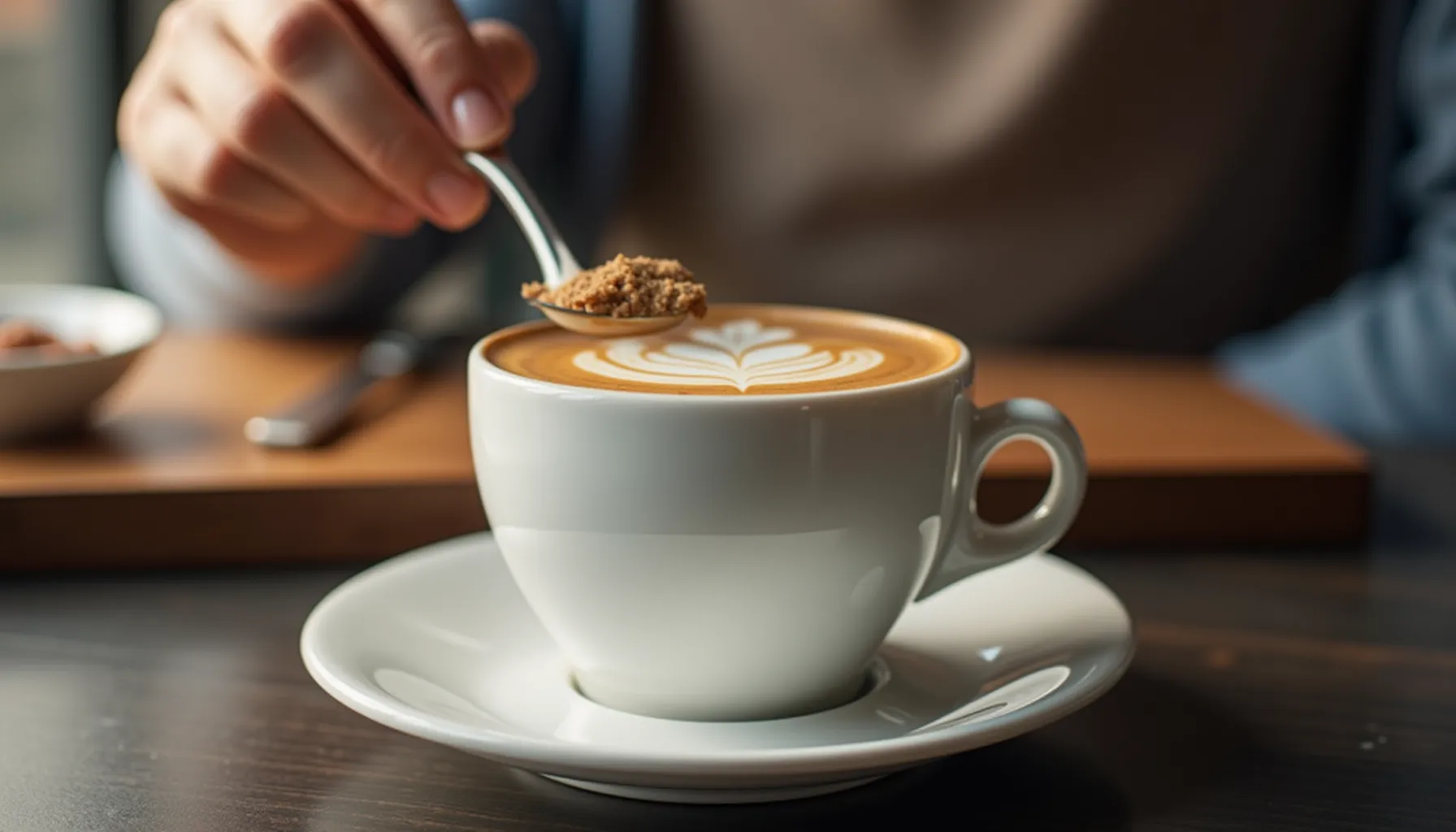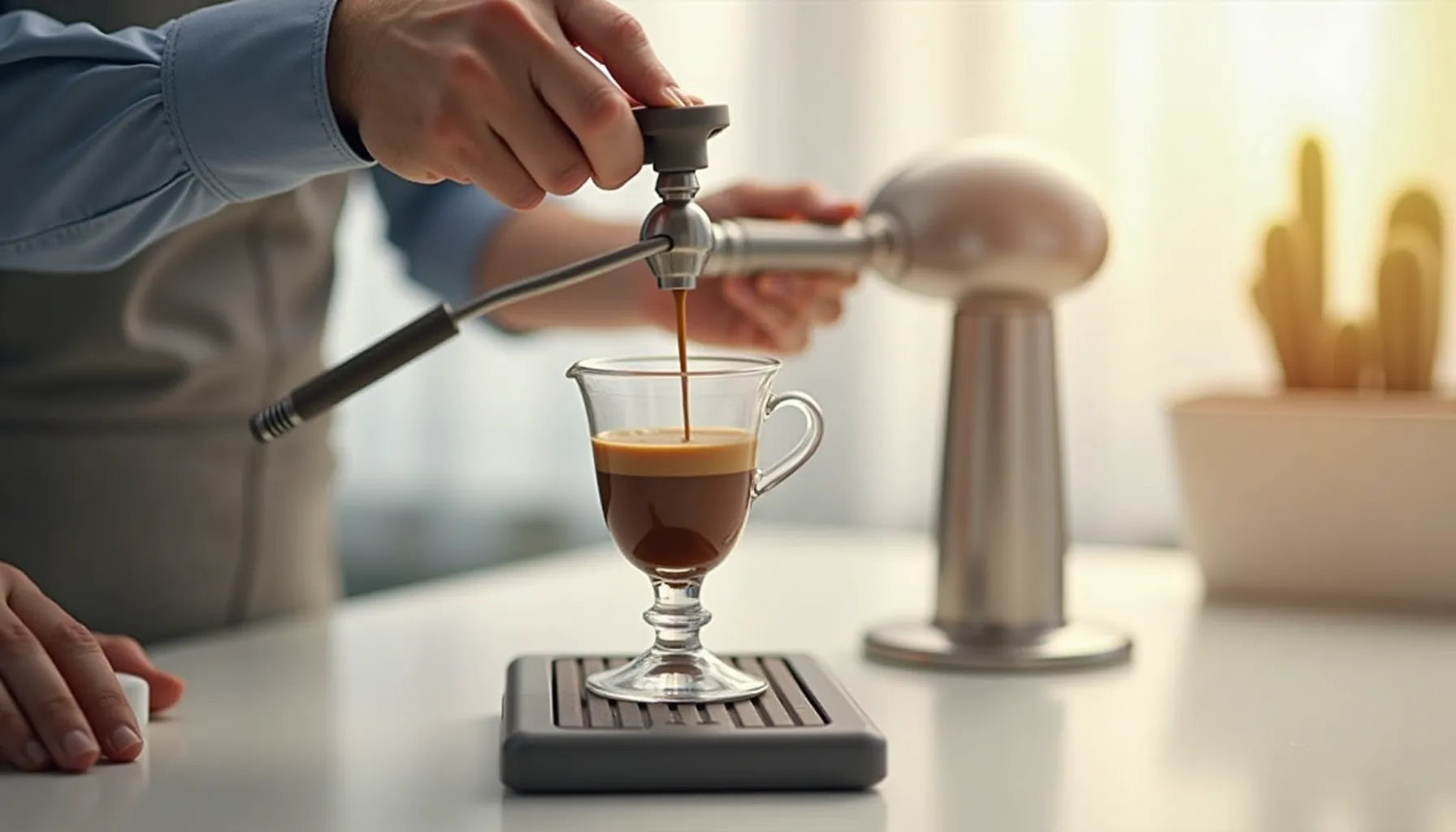Coffee enthusiasts often find themselves pondering the age-old question: how long do coffee beans last? The answer isn't as straightforward as one might think. Various factors, from storage conditions to the type of bean, play a role in determining their longevity.
This comprehensive guide dives deep into the world of coffee beans, shedding light on their shelf life and offering tips to maximize their freshness.
For a deeper understanding of the importance of coffee freshness, check out this detailed article.
Key Takeaways:
- Coffee beans' freshness impacts the flavor of your brew.
- Proper storage can prolong the life of coffee beans.
- Green beans last longer than roasted ones.
- Grinding accelerates the staling process of coffee.
Introduction
Coffee, a beloved beverage worldwide, owes its rich flavors and aromatic scent to the beans from which it's brewed. But like all natural products, coffee beans don't last forever. Their quality diminishes over time, affecting the taste of your brew. Understanding the lifespan of coffee beans and the factors influencing it is crucial for every coffee lover aiming for the perfect cup every time. Recent studies have shown that the freshness of coffee beans can significantly impact the flavor profile of your coffee. Moreover, another research indicates that storing beans correctly can prolong their life, ensuring a consistent taste for longer. For more insights on coffee freshness, watch this video.
Factors Affecting Coffee Bean Freshness
Roasting
Once coffee beans are roasted, they start losing their freshness. Typically, roasted beans remain fresh for about a month. However, this can vary based on the roast level. Light roasts tend to have a shorter shelf life compared to dark roasts.
Packaging
Beans stored in vacuum-sealed bags with one-way valves last longer. These valves allow gases from the beans to escape without letting air in, preserving the beans' freshness. For more on the importance of packaging, watch this video.
Storage Conditions
Coffee beans are sensitive to light, air, moisture, and temperature. Storing them in a cool, dark place in an airtight container is ideal. For more on the best storage practices, check out this guide.
Bean Type
Green (unroasted) beans last longer than roasted ones. When stored properly, they can remain fresh for up to a year.
Photo by Joshua Gimben on Unsplash
Tips to Prolong Coffee Bean Freshness
Buy Whole Beans
Grinding accelerates the staling process. Buy whole beans and grind them just before brewing.
Avoid Transparent Containers
Light can degrade the quality of coffee beans. Use opaque, airtight containers for storage.
Regularly Check for Signs of Staleness
If your coffee tastes flat or lacks aroma, it's probably time to get fresh beans.
Consider Freezing
For long-term storage, consider freezing your beans. However, ensure they're in airtight containers to prevent moisture damage. Learn more about the pros and cons of freezing coffee beans in this video.
The Verdict: How Long Do They Last?
- Green Coffee Beans: Up to a year when stored in cool, dry conditions.
- Roasted Coffee Beans: 3-4 weeks post-roasting for optimal flavor. They're still safe to consume after this period but might lack the desired taste and aroma.
- Ground Coffee: Roughly 1-2 weeks. Always store in a sealed container away from light and moisture.
Best Practices for Storing Coffee Beans
Coffee beans are the heart and soul of your brew, and how you store them can make a significant difference in the taste of your coffee. Proper storage not only preserves the beans' freshness but also ensures that they retain their unique flavors and aromas.
Let's delve deeper into the best practices for storing coffee beans.
Choosing the Right Container
The container you choose to store your coffee beans plays a pivotal role in preserving their freshness. Here are some tips:
- Airtight Containers: Ensure your beans are stored in an airtight container. Containers made of opaque materials such as ceramic, glass, or metal are ideal. Plastic containers can also be used, provided they are airtight. Learn more about the best containers for coffee storage.
- Avoid Transparent Containers: Sunlight can degrade the quality of coffee beans. Hence, it's best to use opaque containers that don't let light in.
- Keep Away from Moisture: Moisture is a coffee bean's enemy. Ensure your storage area is dry, especially if you live in a humid climate.
Ideal Storage Location
The location where you store your coffee beans can impact their longevity and taste. Here's what you need to know:
- Cool, Dark, and Dry: Store your beans in a cool, dark, and dry place. Avoid warm kitchen cupboards or areas near the stove, as heat can degrade the beans' quality.
- Away from Strong Odors: Coffee beans are highly absorbent and can take on the scent of nearby items. Store them away from strong odors to prevent flavor contamination.
Quantity Matters
When it comes to coffee beans, buying in bulk isn't always the best idea. Here's why:
- Buy Fresh, Use Fresh: The freshest coffee beans are usually whole beans. Purchase them in this form and grind them just before brewing.
- Weekly Purchases: Buy only enough beans for about a week. Coffee beans lose their flavor if stored for extended periods.
- Grind as Needed: If possible, grind your beans just before using them. This ensures maximum freshness. If you must store ground beans, ensure they are kept in an airtight container.
To Freeze or Not to Freeze?
A common question among coffee enthusiasts is whether they should store their beans in the fridge or freezer. Here's the lowdown:
- Avoid the Fridge: Storing coffee beans in the fridge is generally not recommended. The fluctuating temperatures can cause condensation on the beans, leading to a stale taste.
- Freezer Storage: If you have a large quantity of beans that you won't use immediately, you can store them in the freezer. However, ensure they are in an airtight container. Take out only what you need and use it quickly to prevent flavor degradation. Discover more about the pros and cons of freezing coffee beans.
The Impact of Grind Size on Freshness
The size to which you grind your coffee beans can also impact their freshness. Here's what you should know:
- Whole Beans Retain Freshness: Coffee beans will stay fresh for about a week after grinding, provided they are stored correctly. However, whole beans tend to retain their freshness longer.
- Ground Beans Deteriorate Faster: Once ground, coffee beans begin to lose their flavor and aroma rapidly. The longer they remain ground, the faster they go stale. Hence, it's best to grind just before brewing.
The Bottom Line on Coffee Storage
Ultimately, the way you store your coffee beans can significantly influence the quality of your brew. By understanding the nuances of coffee storage and implementing best practices, you can ensure that every cup you brew is rich, aromatic, and flavorful. Remember, the journey to a perfect cup of coffee starts with fresh beans, and how you store them can make all the difference.
Frequently Asked Questions (FAQs)
1. How long do coffee beans typically last once opened?
Once opened, roasted coffee beans are best consumed within 3-4 weeks for optimal flavor. However, with proper storage, they can last longer but might not retain the desired taste and aroma.
2. Can I freeze coffee beans to extend their freshness?
Yes, freezing coffee beans can prolong their freshness. However, it's crucial to store them in airtight containers to prevent moisture damage. If you choose to freeze them, take out only the amount you need and use it quickly to ensure the best flavor.
3. Do green (unroasted) coffee beans have a longer shelf life than roasted ones?
Absolutely! Green coffee beans can remain fresh for up to a year when stored correctly, whereas roasted beans have a shorter freshness window, typically around 3-4 weeks post-roasting.
4. How does light exposure affect coffee bean freshness?
Light can degrade coffee beans, leading to a loss of flavor and aroma. This is why it's recommended to store beans in opaque containers and keep them away from direct sunlight.
5. Is it better to purchase whole coffee beans or pre-ground coffee?
Buying whole beans is recommended as grinding accelerates the staling process. For the freshest taste, it's best to grind the beans just before brewing.






